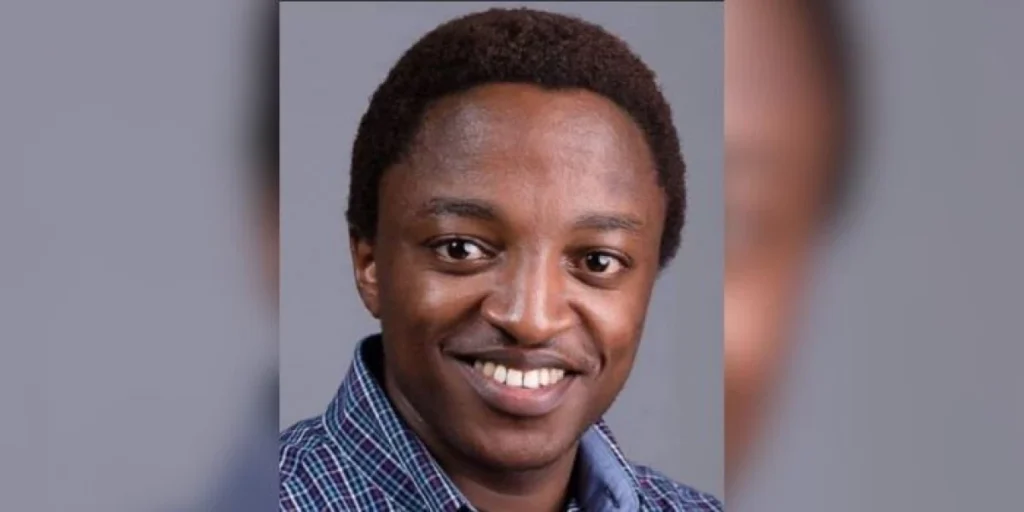Blogger Ndiang’ui Kinyagia has made an emotional plea to the High Court, requesting continued protection against possible arrest, citing fears for his life following his recent reappearance after a mysterious absence.
Appearing before Justice Chacha Mwita on Thursday, Ndiang’ui directly addressed the court, seeking an extension of the interim conservatory orders that previously barred police from arresting him. “I request the court to extend the orders barring my arrest by the police,” he said, emphasizing his fear of state agents allegedly targeting him.
The plea came shortly after he formally sought permission to testify on the circumstances surrounding his unexplained disappearance. The court responded by issuing fresh directions, giving him 14 days to file a sworn affidavit detailing the events that occurred during his time away.
However, Justice Mwita reminded Ndiang’ui that the protective orders in place were not blanket immunity from legal accountability. “You are reminded that the orders in place do not shield you from lawful arrest should there be valid grounds. The rule of law still applies,” he stated firmly.
The judge emphasized that while the court aims to protect the integrity of the petition, such protection cannot override legal investigations or due process should any evidence of criminal activity surface.
Adding to Ndiang’ui’s challenges, the Law Society of Kenya (LSK), which had previously represented him, formally withdrew from the case, leaving him unrepresented. Justice Mwita granted Ndiang’ui 14 days to appoint new legal counsel and submit the required affidavit.
Meanwhile, the respondents and prosecution strongly opposed any delays in the proceedings, urging the court to proceed with the matter expeditiously.
The case is scheduled to be mentioned again on September 16, 2025, when the court will evaluate compliance with its orders and determine the way forward. With questions still surrounding Ndiang’ui’s disappearance and safety concerns at play, the case continues to attract public interest and raises broader concerns about the protection of individuals in sensitive legal battles.

